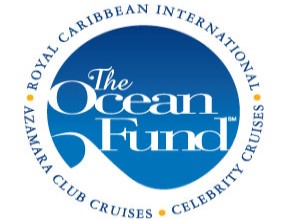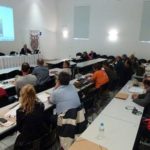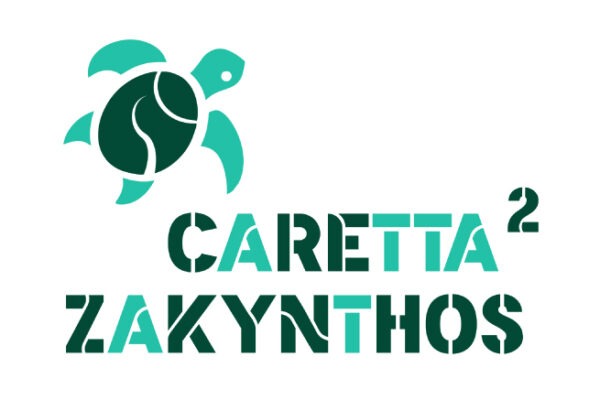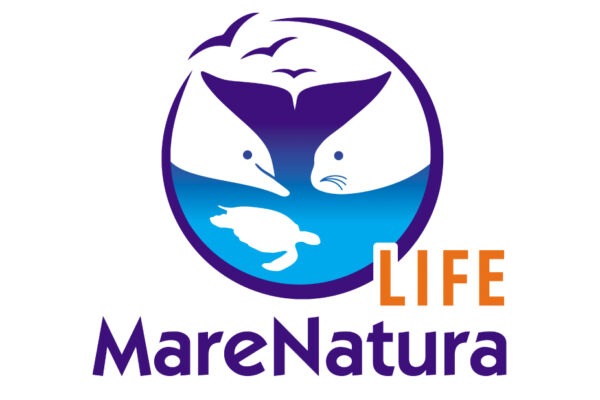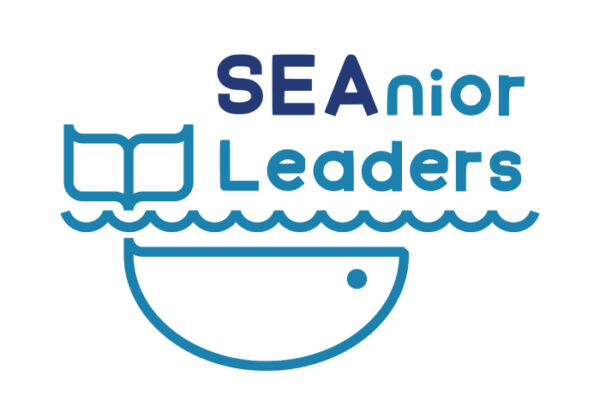Sponsored by Royal Caribbean Cruises Ltd’s (RCL) Ocean Fund, MEDASSET and Sustainable Travel International (STI) promoted sustainable tourism and destination stewardship among stakeholders in Greece. The project included stakeholder workshops and training seminars which aimed to build capacities and educate tourism stakeholders, and ultimately lay the groundwork for achieving sustainable and environmental-friendly tourism development.
Tourism is one of the fastest developing industries worldwide, and can have both positive and negative impacts on the natural environment and local communities in which it takes place. These impacts are complex and can significantly affect a destination’s landscape and its natural and cultural heritage.
Short-term plans for tourism development often override long-term environmental and social issues. Destination stewardship is a multi-stakeholder approach to maintaining the cultural, environmental, economic, and aesthetic integrity of a country, region, state, or town through sustainable policy and management frameworks. It can lead to sustainable destinations that are beneficial to local communities and profitable for local businesses, while leaving ecosystems intact, ensuring the destination remains an attractive place to live, work and visit for future generations.
Sustainable tourism can lead to an increase in environmentally friendly jobs and income for local communities and is also a powerful incentive to preserve the natural environment and biodiversity. It can be a critical driver, for example, in relation to financing and strengthening the operation of protected areas and can contribute to the preservation of the functions of coastal and marine ecosystems. Destination stewardship can also increase broader environmental awareness regarding the social benefits of biodiversity and the need to preserve and respect traditional practices and knowledge.
Tourism Industry Training , Auditor and Consultant Training Courses, by STI
STI carried out interactive seminars for tour operators that serve cruise lines and other tourism-related businesses, that received hands-on training in how to ingrate best practices in sustainable tourism into their operations, including the Global Sustainable Tourism Criteria, and received information on becoming Eco-certified to the Shore Excursions Standard. The Auditor and Consultant program focused on sustainable tourism development and the Shore Excursions Standard and was designed for auditors, consultants, travel, tourism and environmental management professionals.
Multi-stakeholder Workshops on Sustainable Management of Tourist Destinations, by MEDASSET
MEDASSET carried out educational, participatory and interactive workshops in three tourism destinations in Greece: in Athens (Sept. 2011), Chani (Crete island, Sept. 2011) and Milos island (April 2012). In total, 119 stakeholders participated in the workshops, including representatives of NGOs, community groups, universities and research centres, , tourism businesses, travel associations, authorities and management agencies of protected areas.
Through roundtable discussions and guest speakers, participants were informed, educated and influenced about the implications of tourism development, the value of responsible tourism, the importance and opportunities associated with environmental protection and biodiversity conservation, and the role stakeholders can play in fostering responsible tourism activities. Best practices were also promoted in relation to achieving destination management and stewardship, maintaining the environmental, cultural, social and economic integrity of local destinations.
The discussions proved the central role of tourist development for the local societies, as well as the great interest of stakeholders to discuss and collaborate on dealing with the variety and complexity of its impacts. The workshop at Chania was especially meaningful as specific, local problems were debated among participants during the stakeholder discussions. Participants also contributed to the discussions with useful information regarding best and bad practice examples that they experienced and the general consensus was that in many cases “eco” or “sustainable” tourism may have an adverse effect on areas with unique biodiversity features due to the following reasons: increasing demand for “pristine” areas with high biodiversity value, further increases the pressures in the absence of protection and management systems in place; eco-tourism activities are poorly planned or are “green-washed”; eco-tourism activity development is not enough to revert destination degradation, and mass tourism should become more responsible and sustainable in the long term.
In the multi-stakeholder meeting in the island of Milos, organised in partnership with the University of Piraeus under the auspices of the local municipality, in addition to sustainable tourism and destination stewardship, the benefits for tourism derived from the potential establishment of a Marine Protected Area (MPA) was also discussed. Invited speakers from the Cabrera Archipelago National Park (Spain) and the Port Cros National Park (France) shared experiences on the development stages and the challenges related to the creation of MPAs, the environmental, social and economic benefits that MPAs can generate for local tourism. Local working committees were created to further investigate and follow-up on three issues: Milos MPA & economic benefits; integration of traditional activities into tourist itineraries; update of the Milos island tourism development plan.
The workshops’ minutes are available in Greek upon request.



